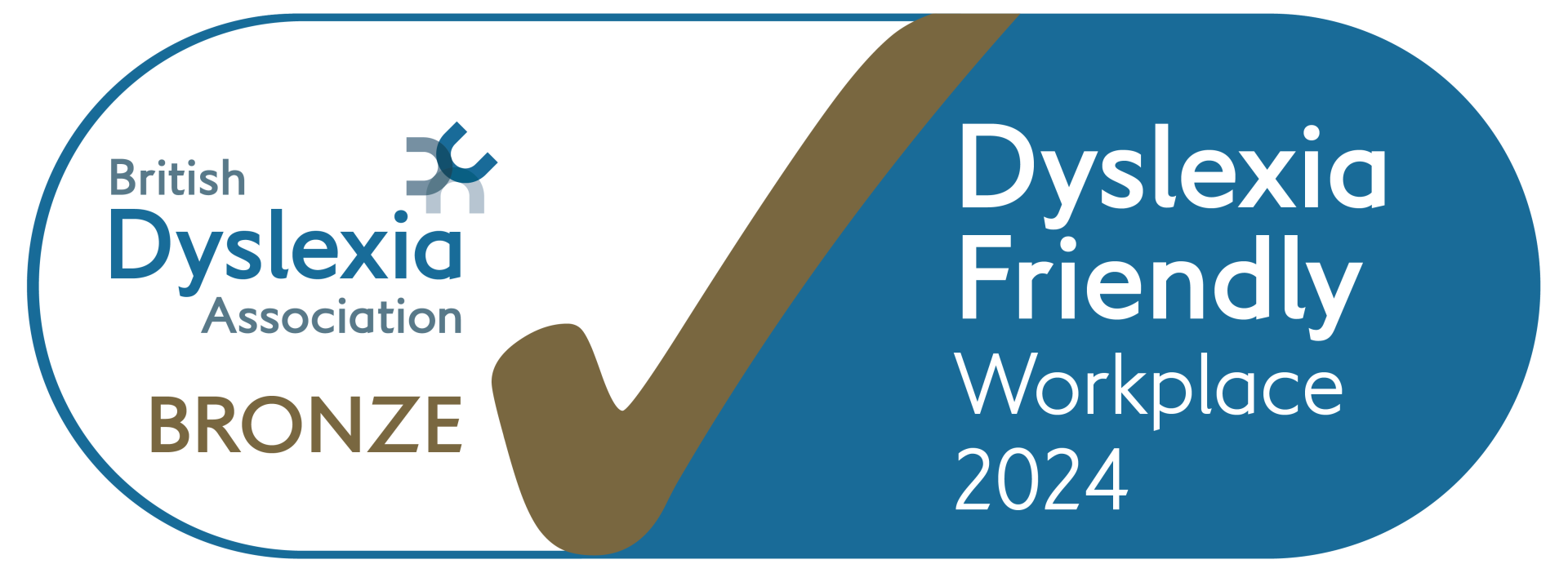Text-to-speech has been a transformative assistive technology for many and has existed for a long time. However, using ambient sounds and white noise to improve focus could mask the sounds of text-to-speech or other spoken audio. The voice might be difficult or impossible to hear when other sound is playing, and the ANC headset would likely need to be removed for sessions that require text-to-speech. Sensory Readable has addressed this with the new "Ambient Balance" feature, which includes white noise and several ambient sounds. When text-to-speech starts, Readable automatically reduces the volume of ambient sounds, meaning only one headset is needed for use of both. Ambient sound volume is increased again when text-to-speech stops. This allows users to benefit from better focus while retaining access to text-to-speech to improve reading comprehension.
While discussing his own experience with neurodiversity, Jake Slipkovich from University of the Arts London said that ambient sounds are beneficial in calming the brain/mind and filling space in a subliminal way. Although there has been research on how ambient sounds can aid focus, Jake questions the neurological understanding of how this benefits neurodivergence. He feels that neurodivergent brains expect, and intake sound very differently compared to neurotypical brains. Jake noted that for those with autism, background noise does not separate itself from the foreground and demands their attention.



